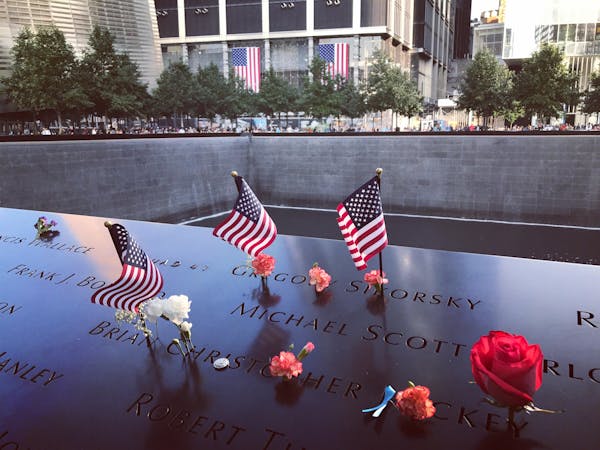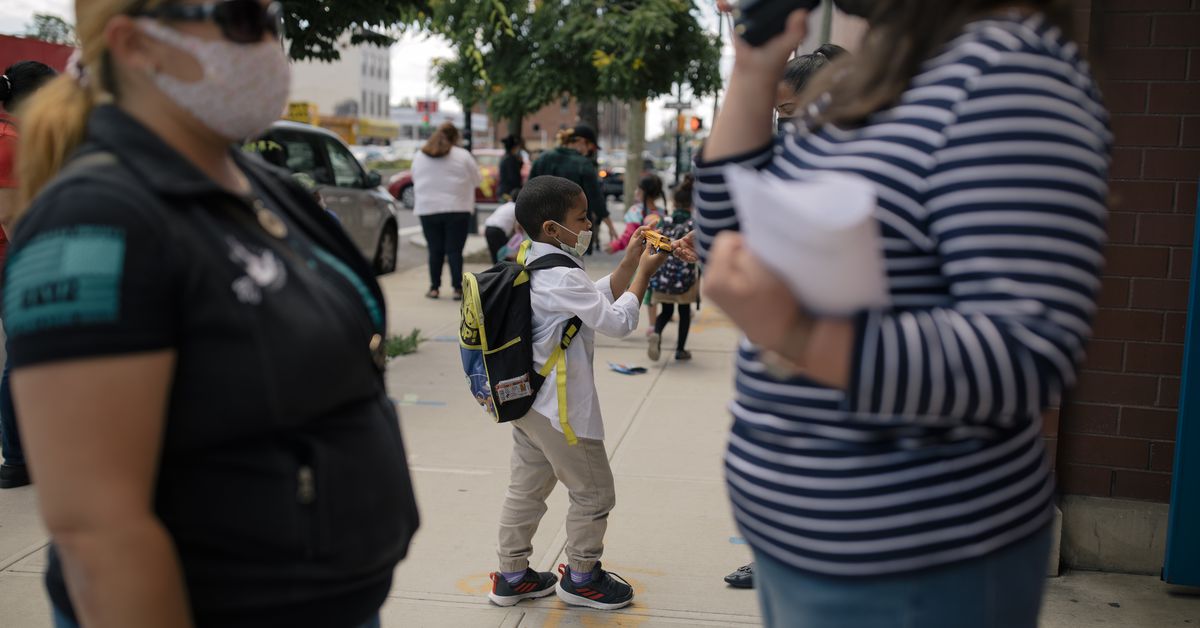175th Anniversary – Jacobs School of Medicine and Biomedical Sciences
Learn about the people, places and events that have shaped our history from 1846-2021.
The COVID-19 pandemic has had a far-reaching impact on the Jacobs School of Medicine and Biomedical Sciences, with reverberations cascading through its medical education, training, and research programs.
“Our students, perhaps especially the first-year students, are profoundly aware of the significance of undertaking their medical education during the worst global pandemic in a century,” says Michael E. Cain, MD, vice president for health sciences at the University at Buffalo and dean of the Jacobs School.
During this extraordinary time in the school’s history, much effort has been dedicated to keeping the lines of communication open between administrators, faculty and students.
Any physician will tell you that medical school was one of the most—if not the most—stressful times of their life, even if they attended when societal and cultural dynamics were relatively stable.
Given this reality, one can’t help but wonder how today’s medical students will remember their medical school years, as one norm-shattering event after another has unfolded, competing for their time, energy and attention.
In just this last year alone, students have seen their teachers and mentors battling a devastating pandemic; experienced the sudden closure of their classrooms and labs, which severed them from interactions that help ease the challenges of medical school; witnessed the nation rocked by a powerful protest movement catalyzed by the killing of George Floyd; and lived through a volatile presidential election that culminated in an attack on the U.S. Capitol.
While all medical students have been affected by these events, medical students of color have been affected in a more immediate way, and the manner in which these aspiring physicians are responding is generating initiatives—and insights—that promise to inform positive changes in the Jacobs School of Medicine and Biomedical Sciences for years to come.
Adeline “Addie” Fagan, MD ’19, died on Sept. 19, 2020 due to COVID-19 complications. She was 28.
Addie was just beginning her second year of residency in obstetrics and gynecology in Houston. In July, she started a rotation in an emergency department at a hospital and became ill with COVID-19. She was hospitalized and placed on a ventilator and on extracorporeal membrane oxygenation (ECMO), a specialized form of life support.







